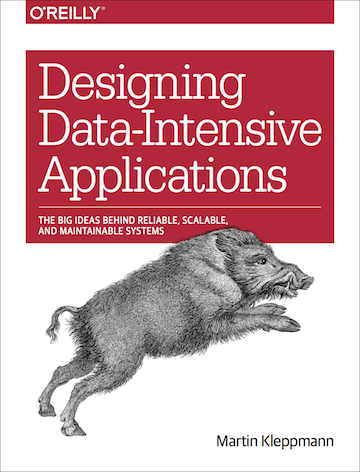A brief Brexit lament
Published by Martin Kleppmann on 31 Jan 2020.
It’s Brexit day, and I am sad.
For me, something precious is lost today, and I would like to attempt to explain why.
My father is German and my mother British.
I have dual citizenship, grew up bilingually in Germany, and then moved to the UK over 16 years ago.
In my grandparents’ generation, our two countries fought a terrible war against each other, and yet, in my generation, many people like myself are the children of European love.
Comparing Germany and the UK, I have noticed how Europe seems to be perceived very differently in each country.
In the UK, the relationship with Europe is regarded mostly in economic terms, as a free-trade zone.
In Germany, it is regarded in the first instance as a peace project.
While the economic aspects are obviously important, the difference in perspective has profound implications.
The European project is not a marriage of mere economic convenience, to be divorced again as soon as we believe to have found a better “deal” elsewhere (ignoring the question of whether such a deal may or may not actually materialise).
If you regard Europe as a peace project, leaving it seems ridiculous.
Why would you not want to be part of a peace project?
In Europe, we learn each others’ languages, we visit our twinned cities for school exchanges, concerts etc., we study abroad for a year through the Erasmus programme, we set up funding so that the richer regions in Europe support the development in poorer regions, and so on.
Basically, the thinking goes: if the people of Europe make friends and find their spouses in other European countries, if they understand each other, trade with each other and support each other, then it is less likely that a demagogue will be able to lure them into fighting with each other again.
Although many British fought and fell in the world wars, and even the smallest village has a war memorial, the memory seems to be different.
I get the impression that British remembrance is often framed in a context of “defeating evil”, while German memories are around the horrors of brutal dictatorship, senseless destruction, pointless death, and the terrible trauma of the Holocaust.
There is nothing glorious in war, only suffering.
No winners, only losers.
I’m not claiming the EU is perfect; every human institution has flaws.
However, the way to improve it is not by throwing a screaming tantrum, running out of the door and banging it shut.
The way to improve an institution is to work from the inside to reform it and shape it to be what we want.
And so I mourn that my home country of choice, which I like in so many other ways, has decided to turn up its nose at this project.
If you found this post useful, please
support me on Patreon
so that I can write more like it!
To get notified when I write something new,
follow me on Bluesky or
Mastodon,
or enter your email address:
I won't give your address to anyone else, won't send you any spam, and you can unsubscribe at any time.
